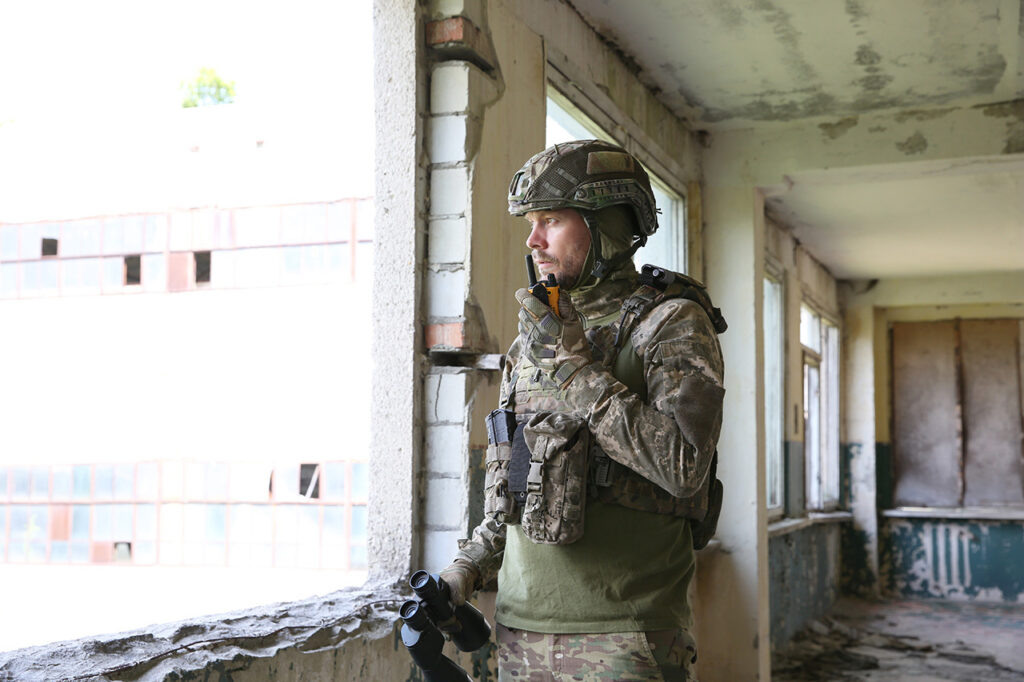EchoICs, an I-Corps regional course alum and 2022 National I-Corps Team participant, received a $275,000 STTR Phase I Award from the National Science Foundation in August. Founded by Dr. Alyssa Apsel, Director of Computer Engineering at Cornell University, and postdoctoral student Thomas Tapen, EchoICs developed a new flexible spectrum radio for more efficient military communications and commercial cellular usage.
EchoICs’ flexible-spectrum radios (FSRs) provide secure, high-quality wireless networks with less energy usage and less risk of radio interference. Many military forces in recent conflicts have had increased access to wireless technology like simple transmitters, allowing them to disrupt defense communications by overloading the signals.
Tapen explained, “It prevents a lot of kinds of drones or other types of unmanned systems from working because they have to be basically remote controlled, and that interrupts that radio signal.”
With their innovation, EchoICs’ adaptive-tuning radio systems will help alleviate the threat of external jamming or interference of any signal that is within the parameters of their technology.
After being denied SBIR funding in the past, participating in the I-Corps regional national programs allowed the team to reevaluate the target market for their technology. Through I-Corps customer interviews, EchoICs shifted from their original audience in the Wi-Fi and Bluetooth sector to communications for military defense. They later received support from the Cornell-administered SBIR/STTR Assistance Program, which helped the team secure the $275,000 grant to finalize and launch their product.
“The STTR gives us the time and money to build a revision, fix all the bugs that we had in our first product, and get to something that we’re comfortable handing to potential customers,” said Tapen. “They can play with it. They can confirm what we’re saying is true about the technology, and then, hopefully, we’ll be able to translate it into orders.”


